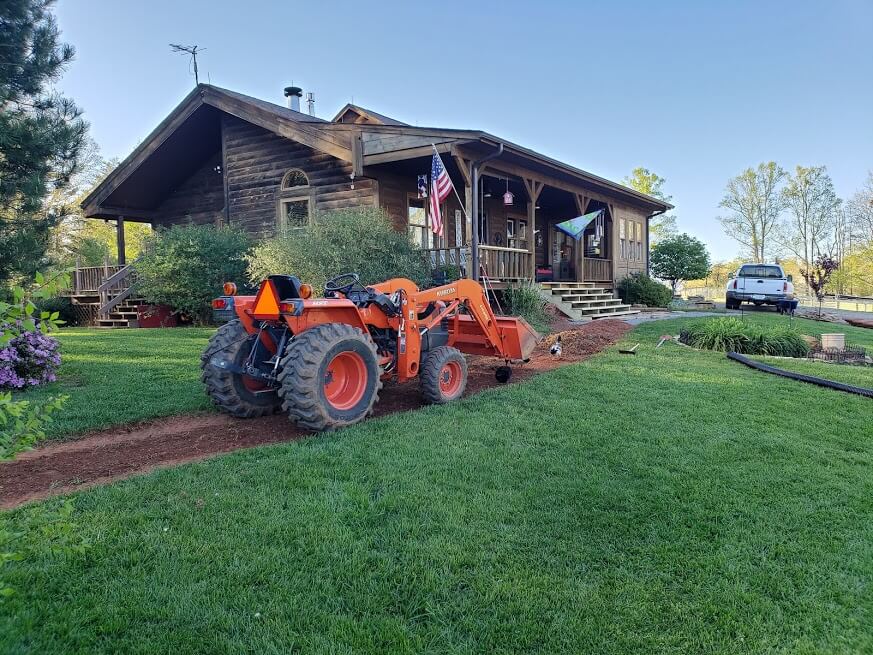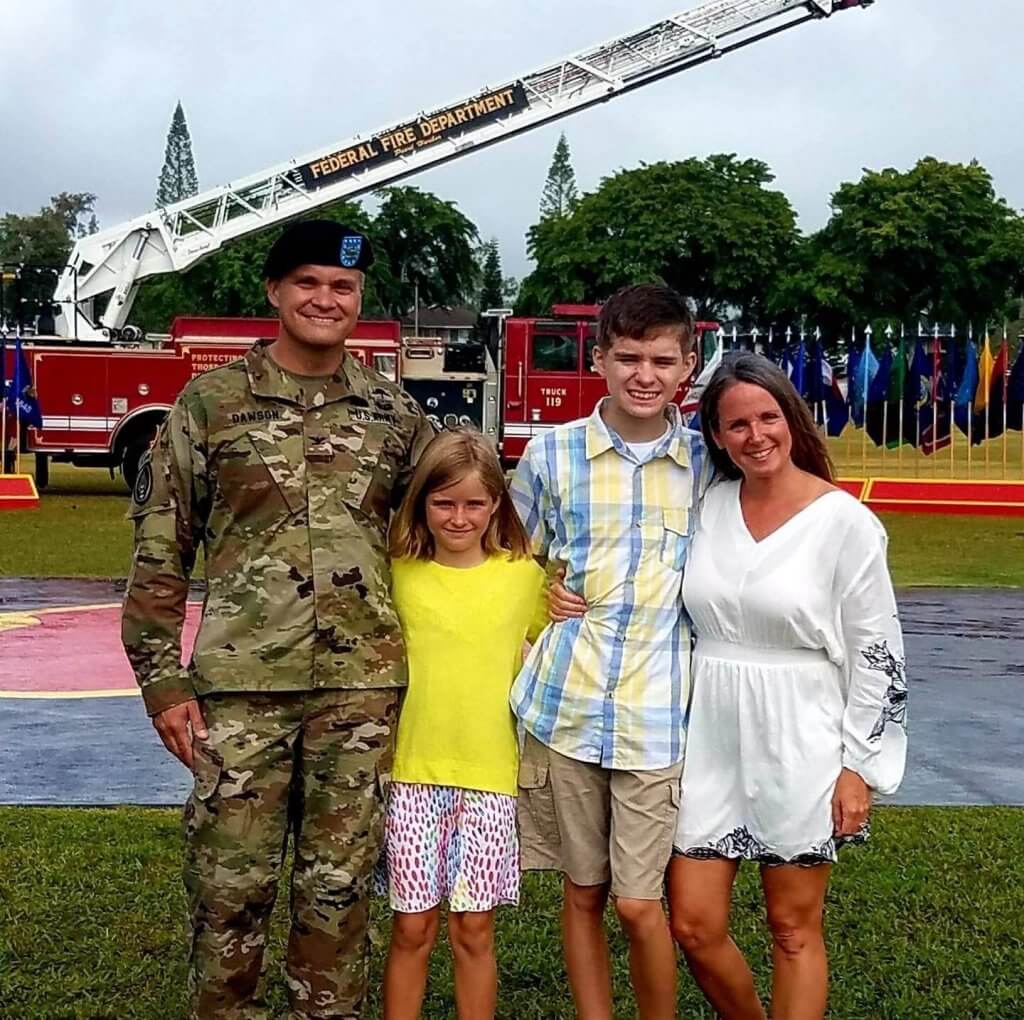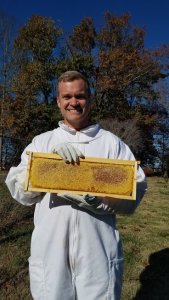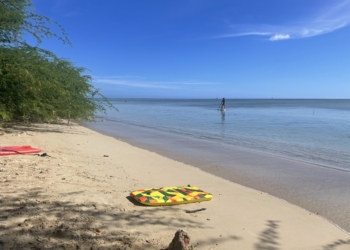Despite no farming experience, one Army couple adopted the farming lifestyle through a new venture called Honking Goose Homestead.
The trend of military families transitioning to homesteading, farming and ranching is due in part to efforts by the U.S. Department of Agriculture’s (USDA) to recruit veterans into these fields. With farms dwindling in America, according to the 2017 census, the military community ethos is seen as a natural fit for those looking to serve communities once again after rejoining civilian life.
Nonetheless, Army Col. Steve Dawson said his family’s homesteading journey began when receiving an autism diagnosis for their first-born son, Ian. He and his wife, Nancy, researched the spectrum disorder, discovering how toxins in the environment and food chain may increase the risk of children being born with this condition.
Spurred by wanting organic foods for their kids, the Dawson’s transition toward creating their current homestead took years.
A signal officer assigned to Fort Gordon, Georgia in 2013, Steve said he and Nancy began raising chickens and gardening at their off-post backyard. They enjoyed the experience, despite the humble set-up.
“It inspired me to feverishly research how to grow food, something I didn’t realize I could do. I now have the confidence to do it and I have been increasing the scale of production every year,” Steve said.
In 2016, they bought eight acres of land and a cabin in the outskirts of Asheville, North Carolina. But as they were expanding their endeavor, Steve received orders to assume command of the Army garrison in Hawaii.
Although the Dawsons had to put their dreams on hold, Steve said his time as a garrison commander broadened his understanding of environmental stewardship. They also took advantage of resources available, like renting garden space at the Schofield Barracks Garden Club. Their garden flourished. But before they could pick the vegetables, Kailua pigs decimated it.
The setback in Hawaii did not deter them. Upon returning to Fort Gordon in 2018 for their next assignment at the cyber school, they renewed their efforts at their “forever home.” Nancy stayed at their cabin, homeschooling their two children and managing their farm, while Steve was a geo-bachelor, returning to the homestead on weekends.

Over the past two years, the Dawsons fine-tuned their niche and last year launched Honking Goose Homestead, using an agritourism business model, combined with horse boarding, bee keeping, poultry, and beef production. They also produce their own fruits, vegetables, and energy, heating their home with firewood and will be 100% solar powered by the end of this year.
Another meaningful aspect of this lifestyle is seeing their children, Ian and Naia, participate in caring for their homestead. As teenagers they are now accustomed to the lifestyle and are integral in helping.
“I don’t believe the average American child understands the chicken breast meat in a [fast-food] sandwich actually comes from a chicken. Naia does. She participates in raising and caring for our poultry, including collecting eggs and processing the chickens we eat. She also helps [dress and butcher] deer and wild boar. You learn to appreciate your food and tend to be more grateful for the nourishment it provides you and your family when you have intimate contact with the source before you consume it.”

This said, life during the pandemic has proven to be a confidence booster, reaffirming their resilience as a family, Steve explained.
More stories about inspiring vets: Brewery owners.
“Many times during the pandemic, we commented at the dinner table on how proud we were that we could pull venison, chicken, or wild boar out of the freezer and have a gourmet meal from animals we produced or hunted. We even contemplated how we would continue surviving on our own food in the event of a major food supply disruption,” he said.
 Based on his experiences, Steve also provided recommendations to those interested in homesteading:
Based on his experiences, Steve also provided recommendations to those interested in homesteading:
- Start transitioning years ahead of time.
- Research and plan: The Dawson’s primarily used university sources ensuing the latest academic and scientific information.
- Take advantage of organizations like the Natural Resources Conservation Service, an agency of the USDA supporting veterans and new farmers, and the Farmer Veteran Coalition.
- Be prepared for the persistent cycle of life and death. Discuss this aspect with children well in advance.
- Have patience. The unexpected will happen and takes months or years to recover or find success. For example, the Dawson’s lost their first beehives from attack bees and are finally recovering.
Reflecting on his goals Steve adds, “At the end of the day, if I can generate my own food and income, then I can drop out of the rat race of commuting to work every day and keeping up with information technology, and have better quality of life with my family.”
Read comments






































